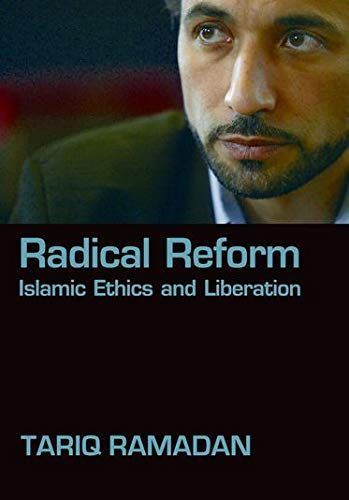
Radical Reform Islamic Ethics and Liberation
Tariq Ramadan has emerged as one of the foremost voices of reformist Islam in the West, notable for urging his fellow Muslims to participate fully in the civil life of the Western societies in which they live. In this new book, he tackles head-on the main roadblock to such participation - namely, the rulings of Islamic jurists that make Islam seem incompatible with modern, scientifically and technologically advanced, democratic societies. Ramadan argues that it is crucial to find solutions that will enable Western Muslims to remain faithful to Islamic ethics while fully living within their societies and their time. He notes that Muslim scholars often refer to the notion of ijtihad (critical and renewed reading of the foundational texts) as the only way for Muslims to take up these modern challenges. But Ramadan argues that, in practice, such readings have reached the limits of their ability to serve the faithful in the West as well as the East. In this book, he sets forwarda radical new concept of ijtihad, which puts context - including the knowledge derived from the hard and human sciences, cultures and their geographic and historical contingencies - on an equal footing with the scriptures as a source of Islamic law. This global and comprehensive approach, he says, seems to be the only way to go beyond the current limits and face up to the crisis in contemporary Islamic thought: Muslims need a contemporary global and applied ethics. Ramadan's radical proposal and the conclusions to which it leads him are bound to provoke discussion and controversy. Muslims and non-Muslims alike will have to contend with Ramadan's new idea of the very basis of Islam in the modern world.